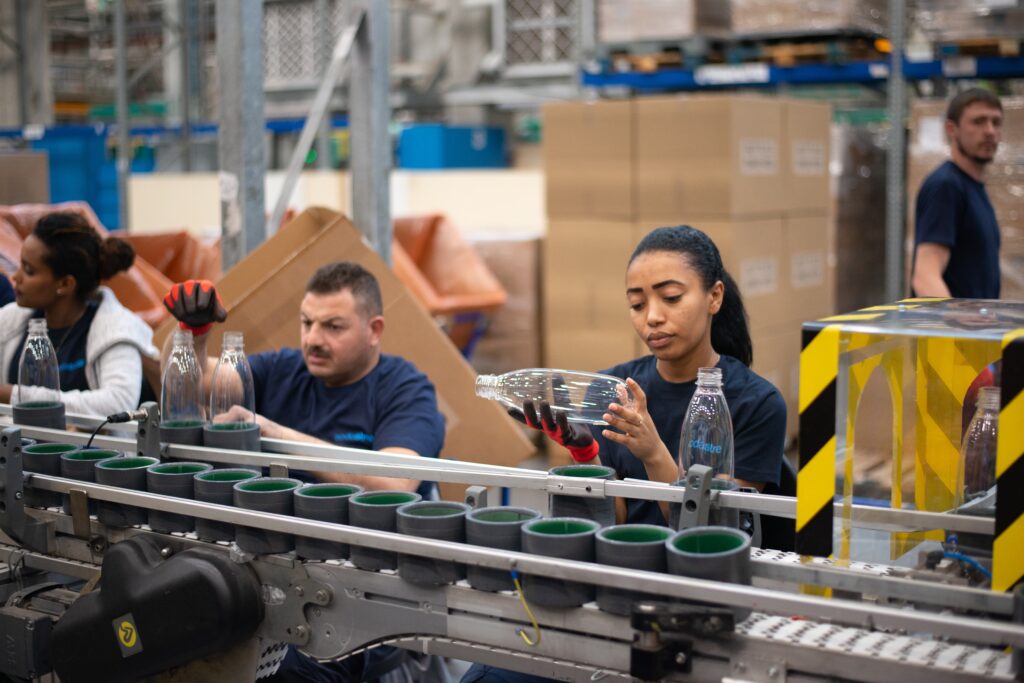
‘There is not enough time in the day to do these things.’
‘I don’t have time.’
These are common complaints. Especially regarding change. In fact, most complaints about change can fall into three categories – time, money, and capacity (not being good enough). This applies to most areas of our lives – both individually and organisationally.
In the journey of improving how digitally responsible our organisations are, changes are required. And while many of us are interested mentally, it is often said there is no time for ethics, time for consent, time for awareness.
Part of this is because we view ethics, awareness, consent as an add ons, one more thing to do. But it is also because we’ve defined time efficiency as the shortest amount of time engaging with a recipient. So we measure how many people we can register or distribute to in an hour. We treat it like an assembly line tweaking it to increase the throughput rate. And issues of how we treat people, their data, their understanding – well, that is treated as a waste product.
We have more than enough time to do what we need to do. Time is not the problem, prioritisation is. What we measure is. We need to move out of the industrial mindset where people are seen as a commodity or a widget. People are human. Maybe it’s time we measure the quality of our engagement with them and not try to keep it as minimal as possible.
Maybe it’s time to overdeliver on our engagement with them. Because we want them to understand why collect data and what we do with it. Because we believe they are more important than the paperwork.
Maybe it’s time to redesign some of our processes so they are ‘human centred’. Maybe it’s time to remember people aren’t widgets, so we shouldn’t treat them that way.
We have the time.
The choice is up to us.

0 Comments